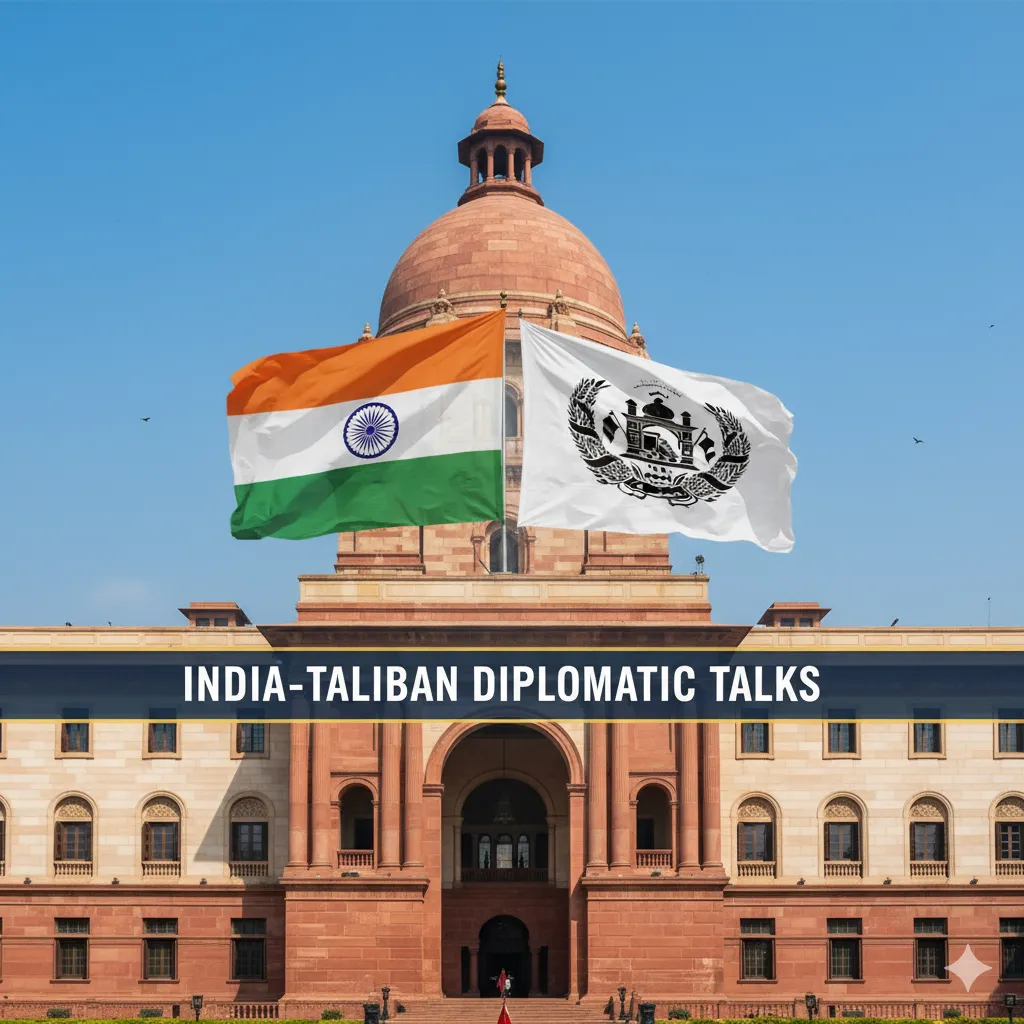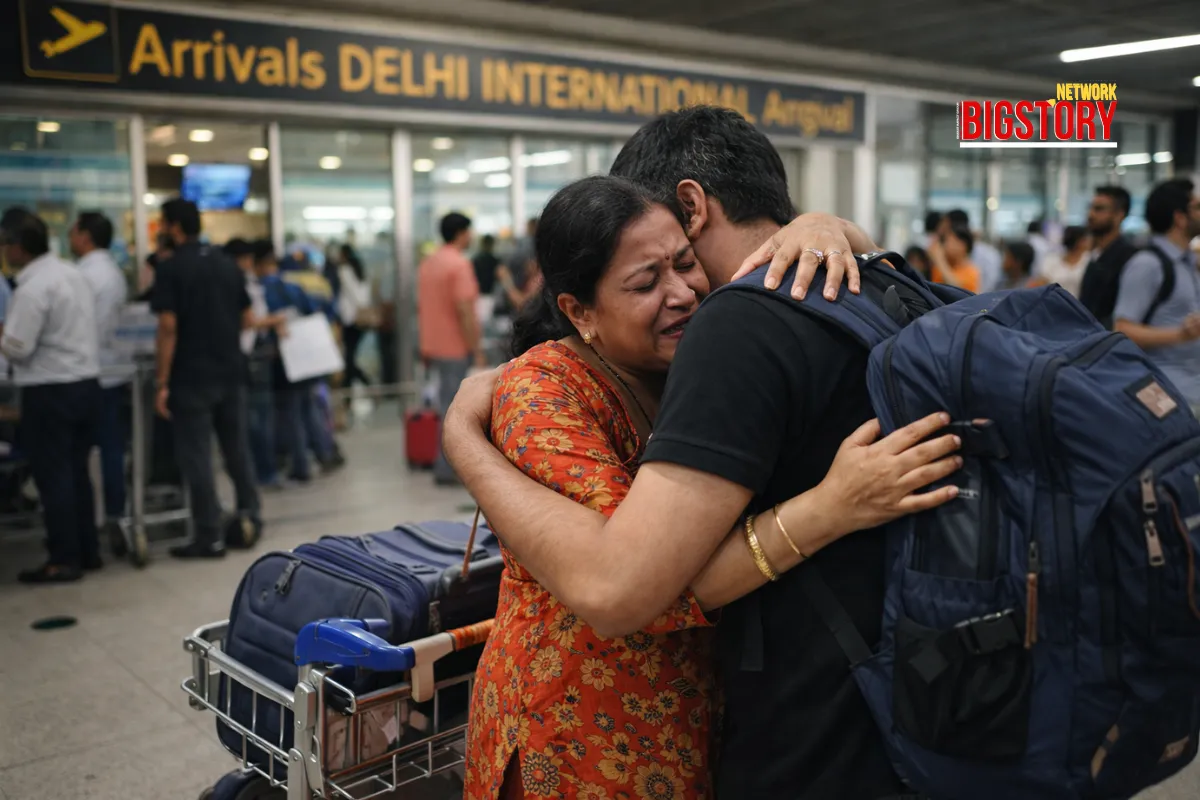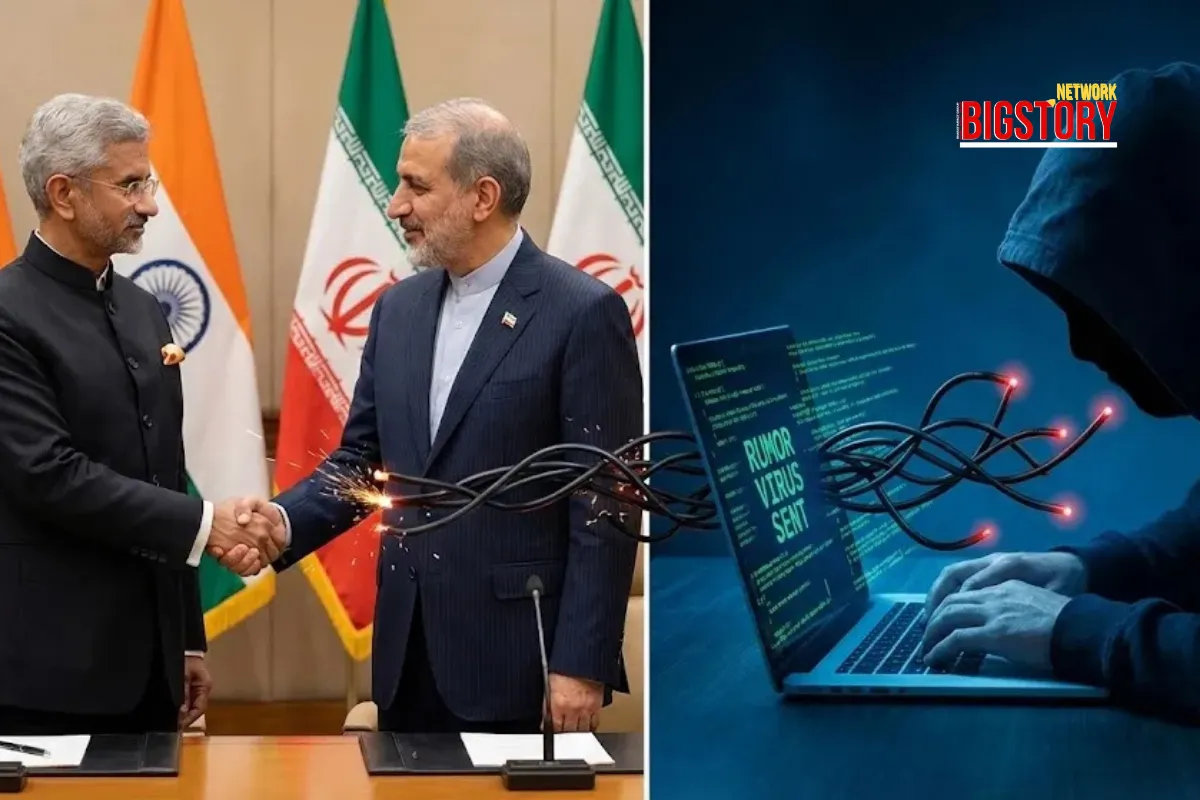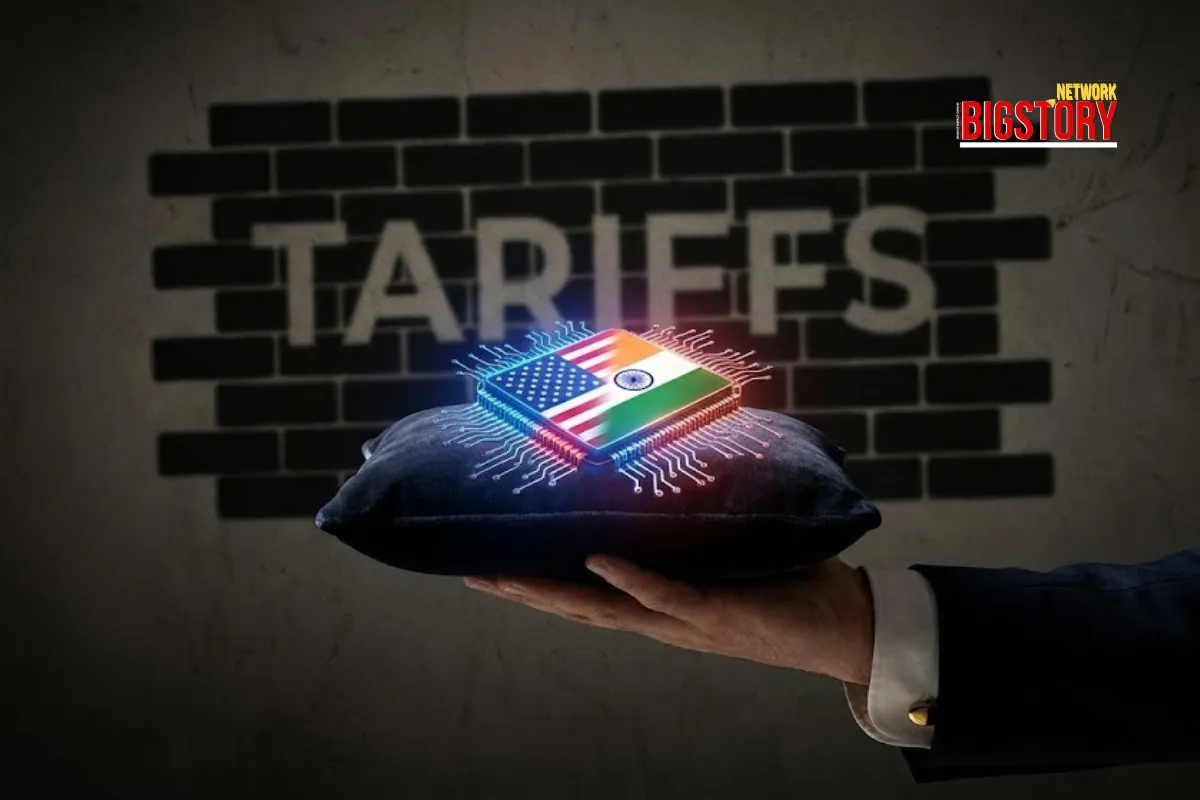India and Taliban officials met in New Delhi for the first official high-level talks since 2021, discussing trade, security, and diplomacy but stopping short of formal recognition.
 Sseema Giill
Sseema Giill

In a historic diplomatic milestone, India and Afghanistan’s Taliban government held their highest-level talks to date in New Delhi, marking the Taliban’s first official visit to India since seizing power in 2021. The meeting between India’s External Affairs Minister S. Jaishankar and Afghan Foreign Minister Amir Khan Muttaqi reflects a cautious but significant thaw in relations between the two countries.
The discussions in New Delhi focused on economic cooperation, regional security, and humanitarian engagement, even as India reiterated that it has not formally recognized the Taliban government.
Jaishankar underscored India’s long-standing commitment to Afghanistan’s sovereignty and stability, stating:
“India is fully committed to the sovereignty, territorial integrity and independence of Afghanistan.”
Meanwhile, Taliban spokesman Suhail Shaheen described the talks as “a new chapter,” saying it is time for both sides “to raise the diplomatic level… paving the way for bilateral cooperation.”
India had previously avoided direct engagement with the Taliban, maintaining distance since their takeover of Kabul in 2021. But shifting regional dynamics—particularly China’s growing influence and strained Taliban-Pakistan ties—have prompted New Delhi to re-evaluate its stance.
This meeting, preceded by months of discreet back-channel diplomacy, signals India’s attempt to regain strategic ground in Afghanistan while keeping a strong focus on terrorism concerns and minority safety.
While both sides discussed reviving trade and infrastructure projects, India stopped short of recognizing the Taliban-led regime.
Analysts have described the meeting as a “pragmatic reset.”
Observer Research Foundation’s Harsh Pant commented:
“The gradual normalization of relations reflects an evolving comfort level in India regarding Taliban governance.”
The talks also caught global attention, with the UN granting special travel clearance for Muttaqi and diplomats from Russia, China, and Central Asian nations closely observing India’s move.
The visit may not lead to formal recognition, but it undeniably reshapes India’s Afghan policy and positions New Delhi as a decisive regional stakeholder in post-2021 Afghanistan.
1. Is India recognizing the Taliban government?
No. India has not formally recognized the Taliban regime but is engaging diplomatically on humanitarian and security matters.
2. Why did the Taliban visit India now?
The visit reflects the Taliban’s desire to normalize ties and attract investment, while India seeks to reassert its influence amid China’s growing role in Afghanistan.
3. Will India reopen its embassy in Kabul?
Talks are underway, but India has not made an official announcement. Security assurances remain a key factor.
4. What does this mean for India’s Afghan policy?
It signals a strategic recalibration — prioritizing pragmatic engagement over isolation, with security as the top concern.
5. How have other countries reacted?
Global powers like Russia, China, and the U.S. are closely monitoring India’s outreach, viewing it as a potential shift in South Asian geopolitics.






Sign up for the Daily newsletter to get your biggest stories, handpicked for you each day.
 Trending Now! in last 24hrs
Trending Now! in last 24hrs



